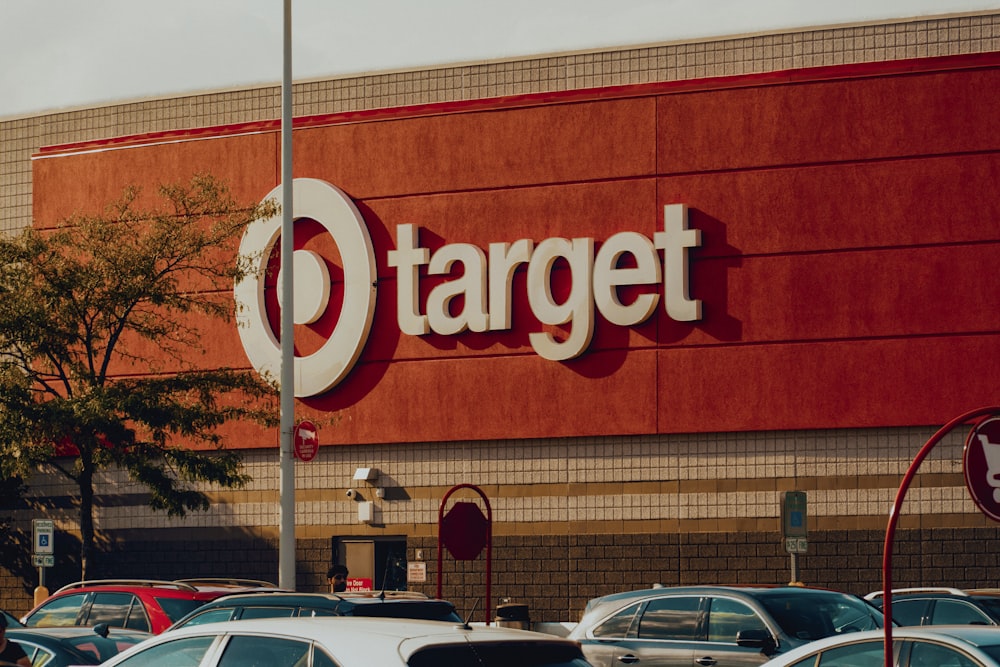Target testing extension center to expand next-day deliveries
June 21, 2023
Target is testing an expansion facility in Smyrna, GA, to make next-day deliveries to customers in communities farther from its stores. More than 90 percent of Target’s online and app orders are filled in stores.
Target Delivery Driver Expansion
Currently, being a Target delivery driver entails a contracted position similar to Instacart or Uber. These drivers work for Shipt, which is a Target-owned delivery service. With Shipt, consumers are required to sign up for a monthly or yearly membership plan and can place same-day orders for groceries and goods from locations nearby.
Target wants to help get more deliveries to consumers who live farther away, by promising them a new next-day delivery option as soon as they click “buy.”
With a new expansion facility, a Target delivery driver from Shipt would be given new routes to pick up prepared orders from the new facility and deliver them to customers who live in farther-distance neighborhoods. This would increase the delivery radius exponentially.
For example, the company predicts that the new Smyrna, GA facility would reach approximately 500,000 new customers near Atlanta, and nearly three million farther outside of the area.
This all comes after Target announced it would invest $100 million in new hubs to further enhance its e-commerce business. A bold move, Target has reported that its e-commerce digital sales have decreased 3.4% year over year, which has been the similar case for other retailers such as Best Buy, Costco, Kohl’s, and others.
The retailer giant’s journey continues, and you can read all about Target’s deep history in our blog.
Recent News
McDonald’s Might Relaunch $5 Meal Deals
McDonald’s is gearing up to launch a $5 meal deal in the US, aiming to attract cost-conscious consumers back into its stores. The proposed deal may include a McChicken or a McDouble, accompanied by fries and a drink.
US Plans Tariffs on Chinese Electric Vehicles
The Biden administration intends to announce new tariffs on Chinese electric vehicles (EVs), possibly reaching 100%, along with additional import taxes on various Chinese goods, including semiconductors. This move aims to safeguard American manufacturing interests, amidst concerns that China’s competitive pricing may undermine US efforts to boost domestic clean energy production.
Columbus Walmart Shutdown Sparks Equipment Auction
A Walmart store in Columbus, Ohio, ceased operations due to underperformance and is now auctioning off its remaining retail equipment and merchandise. Located at 3579 S. High St., the store closed its doors in February, prompting a liquidation auction scheduled for Friday.
Lucid’s Anticipated Mid-Size EV SUV: Earth
Lucid Motors is on the brink of unveiling its latest addition to the electric vehicle market: a mid-size SUV priced below $50,000. This upcoming model, potentially named “Earth,” has garnered attention following trademark filings with the United States Patent and Trademark Office (USPTO), including “Earth Dream Edition” for a top-tier trim.


